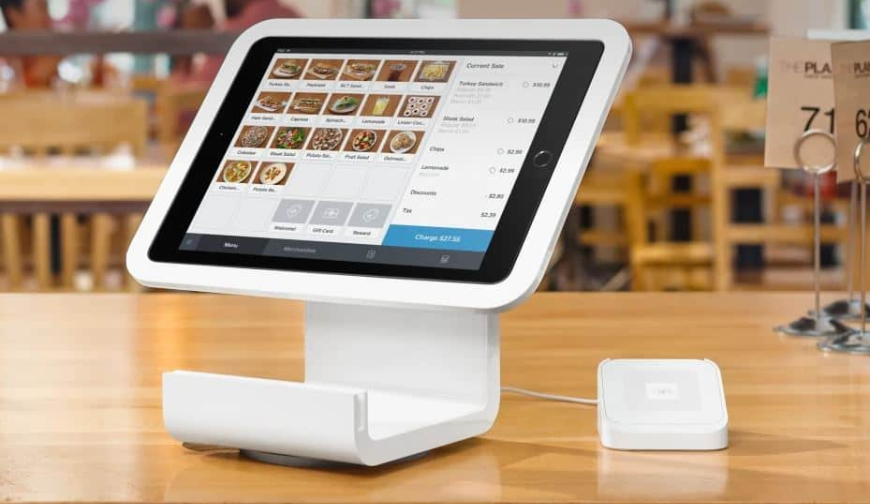In today’s digital landscape, having a strong online presence is essential for local businesses. SEO (Search Engine Optimization) tailored to local searches can help you connect with nearby customers actively seeking your products or services. In this guide, we’ll explore actionable SEO strategies to help your local business get found and grow.
1. Optimize Your Google My Business Listing
Google My Business (GMB) is a powerful tool for local businesses. Claim and verify your GMB listing to improve your visibility in local search results and Google Maps.
Tips for Optimization:
- Use your business name, address, and phone number (NAP) consistently across all platforms.
- Add high-quality images and videos of your business.
- Update your business hours, services, and other details regularly.
- Encourage happy customers to leave reviews on your GMB profile.
Pro Tip: Respond to customer reviews—both positive and negative—to show your engagement and build trust.
2. Use Local Keywords
Local keywords help search engines connect your business to nearby customers. Identify and incorporate keywords with geographic modifiers, such as your city, neighborhood, or region.
Example Keywords:
- “Best bakery in Los Angeles”
- “Affordable gym in downtown Chicago”
Where to Use Keywords:
- Title tags and meta descriptions
- Headers (H1, H2, etc.)
- Content on your website (blogs, service pages)
- Alt text for images
Tool Suggestion: Use tools like Google Keyword Planner or SEMrush to find high-performing local keywords.
3. Create Location-Specific Content
Content marketing tailored to your area helps establish your authority and attract local customers. Write blogs, guides, or case studies that address local interests or challenges.
Ideas for Local Content:
- “Top 5 Restaurants in [City Name]”
- “How to Prepare Your Lawn for Winter in [Region]”
- “The Best Events to Attend in [City Name] This Year”
Pro Tip: Use internal links to guide readers to your service pages or contact form.
4. Leverage Local Backlinks
Backlinks from local businesses, directories, and community websites improve your website’s authority and local SEO. Build relationships with other local businesses to exchange links or collaborate on community events.
How to Get Local Backlinks:
- Sponsor local events or charities.
- Collaborate with local bloggers or influencers.
- Submit your business to local online directories.
5. Optimize for Mobile Search
Most local searches happen on mobile devices, so having a mobile-friendly website is critical. Ensure your site is fast, responsive, and easy to navigate.
Key Mobile Optimization Tips:
- Use large, readable fonts.
- Compress images to reduce load time.
- Ensure buttons and links are easy to click.
6. Add Schema Markup for Local SEO
Schema markup helps search engines understand your business details, enhancing your visibility in local search results. Use local business schema to highlight your address, phone number, hours of operation, and more.
How to Add Schema Markup:
Use a tool like Google’s Structured Data Markup Helper to generate the code and add it to your website.
7. Engage on Social Media
Social media platforms are excellent for connecting with local customers. Post updates about your business, share local news, and engage with your audience to build brand loyalty.
Best Practices:
- Use location-based hashtags (e.g., #NYCFoodie, #AustinGyms).
- Run targeted ads for your local audience.
- Share testimonials and success stories.
8. Focus on Online Reviews
Online reviews significantly impact local search rankings and customer decisions. Encourage satisfied customers to leave reviews on platforms like Google, Yelp, and Facebook.
How to Encourage Reviews:
- Send follow-up emails after a purchase.
- Offer incentives like discounts for honest feedback.
9. List Your Business in Online Directories
Being listed in reputable online directories ensures consistency in your business information and improves your local SEO.
Popular Directories:
- Yelp
- Bing Places
- TripAdvisor
- Local chamber of commerce websites
10. Track and Adjust Your Strategy
SEO is an ongoing process. Use analytics tools to track your website traffic, keyword rankings, and customer engagement. Adjust your strategy based on what’s working and what needs improvement.
Recommended Tools:
- Google Analytics
- Google Search Console
- Moz Local
Conclusion
Implementing these SEO strategies will help your local business stand out in search results and attract more customers. By optimizing your online presence, engaging with your community, and focusing on local keywords, you can boost visibility and grow your business effectively.





